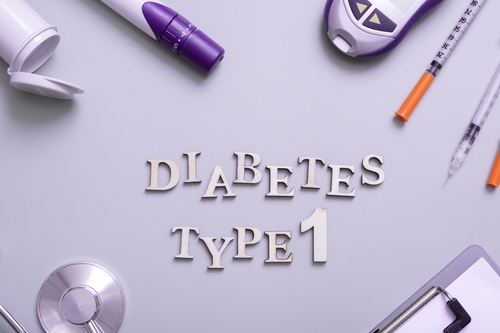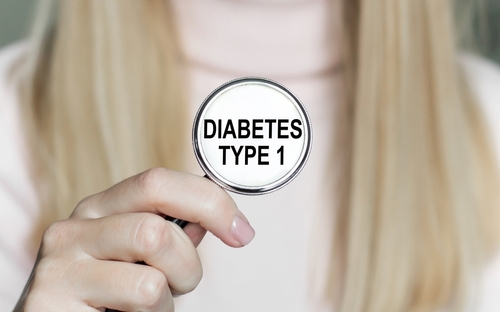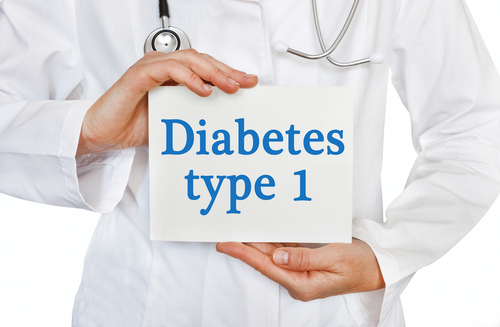
Researchers at the 83rd Scientific Sessions of the American Diabetes Association (ADA) discussed findings from an ongoing, phase 1/2, multicenter, single-arm, open-label clinical trial on VX-880, an investigational stem cell-derived islet cell therapy for patients with type 1 diabetes.
According to an ADA release, 6 patients with type 1 diabetes who received VX-880 showed restored insulin secretion, improved glycemic control, improved time-in-range, reduction or elimination of exogenous insulin usage, and complete absence of severe hypoglycemic events (SHEs) in the 90-day evaluation period following treatment.
The study enrolled adult patients with type 1 diabetes with impaired hypoglycemic awareness and severe hypoglycemia. All patients had undetectable insulin secretion and a history of recurrent SHEs in the year before treatment.
Islet Cell Therapy for Diabetes Removed Need for Insulin
Initially, 1 patient in part A of the study received half of the target dose, per protocol, and 1 patient in part B received the full target dose. Both patients had at least 12 months of follow-up and were eligible for the primary efficacy analysis of elimination of SHEs from day 90 to month 12 with a glycated hemoglobin (HbA1c) level of <7%.
Both patients were insulin independent and had over 95% time-in-range. The patient from part A had an HbA1c level of 5.3% at month 21 compared with 8.6% at baseline, and the patient from part B had an HbA1c level of 6.0% at month 12 compared with 7.6% at baseline.
Following those results, 3 more patients received the full target dose of VX-880 as a single infusion with up to 90 days of follow-up. The authors reported that all 3 patients also exhibited improved insulin production, reduced HbA1c levels, improved time-in-range, and reduced daily insulin usage, consistent with the trends observed in the first 2 patients.
Trevor W. Reichman, MD, PhD, surgical director of pancreas and islet cell transplantation for Ajmera Transplant Centre at the University of Toronto, told the ADA, “these new findings demonstrate the potential of stem cell-derived islets as a future treatment for patients with type 1 diabetes, signaling a new era that could potentially remove the need for exogenously administered insulin to achieve glycemic control.”
Treatment with VX-880 was generally safe and well tolerated, with a safety profile similar to immunosuppressants and cadaveric islet cell transplantations. The majority of adverse events were mild or moderate. There were no serious AEs.
More From the ADA: Childhood Diabetes Screening Predicts Future Diabetes-Related Complications







 © 2025 Mashup Media, LLC, a Formedics Property. All Rights Reserved.
© 2025 Mashup Media, LLC, a Formedics Property. All Rights Reserved.